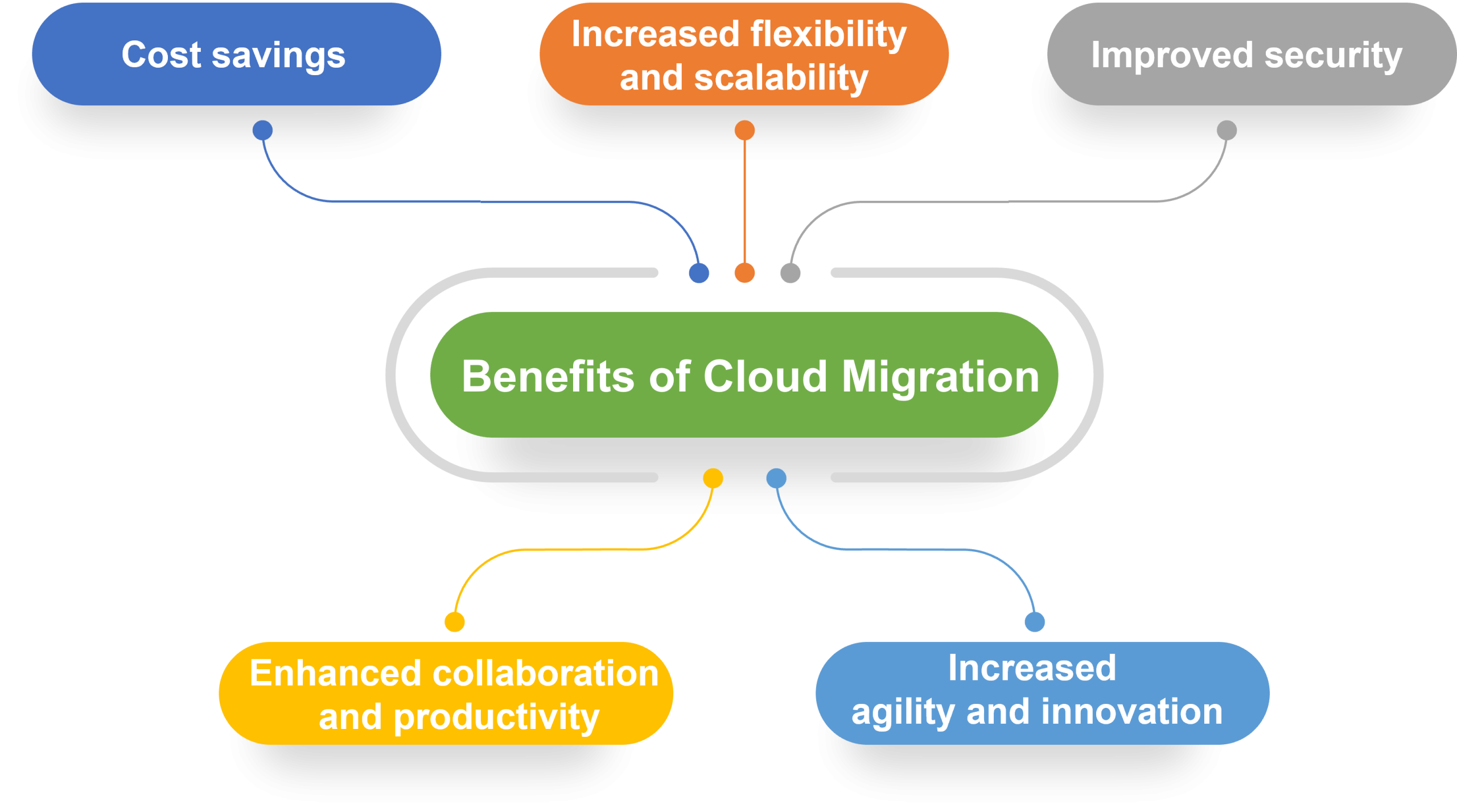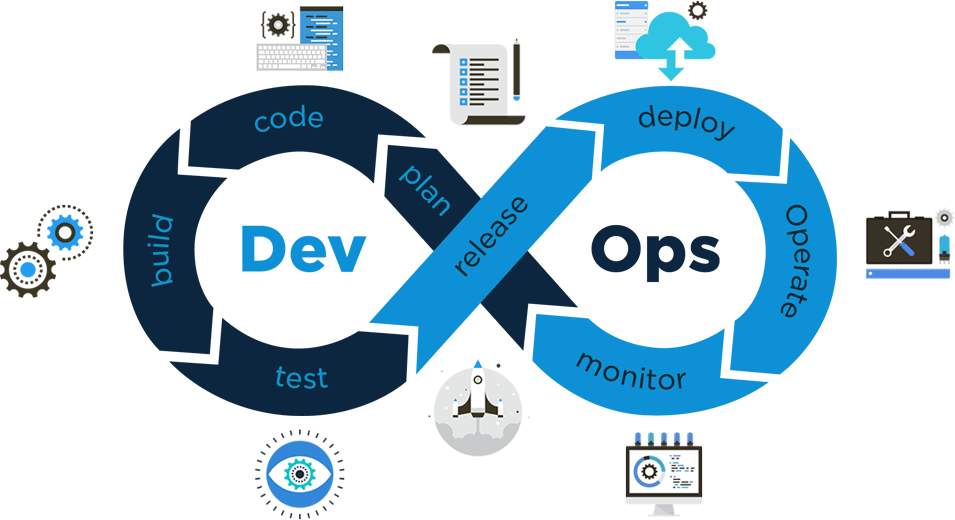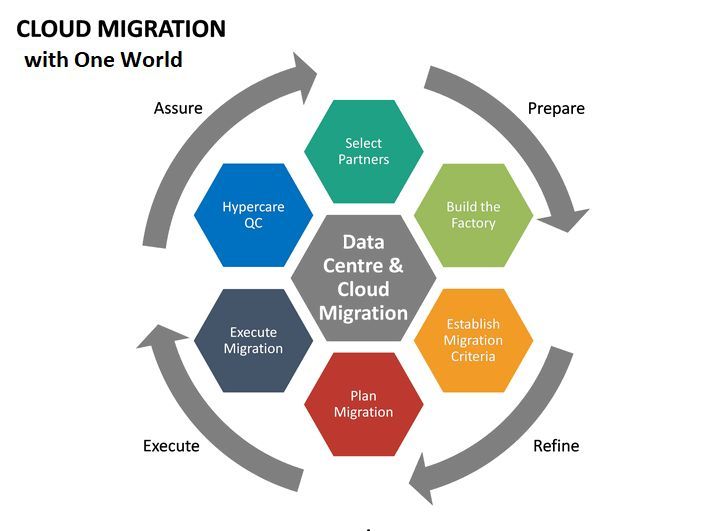The Importance of Data Engineering in Business Success

Introduction
One of the advantages of living in a decentralized, globalized economy is that you have instant access to almost all kinds of information. The disadvantage, however, arises in the way you handle this information.
The rapid proliferation of data and its ease of accessibility has put businesses in a precarious position. On one hand, they have the opportunity to sift through mountains of data and derive useful insights from them that can further propel them towards success. On the other hand, they face a risk of being unable to manage and handle this data properly, which could result in them being overwhelmed and left behind as the competition races ahead of them. And another
What is Data Engineering?
Data Engineering is a way firms can solve this problem they face. Data Engineering is a practice that involves extracting, storing and handling data systems in such a manner that data scientists can easily access and understand it, and draw useful insights that drive smart decision-making. The role of Data Engineers within an organization primarily revolves around collecting data from different sources, and then formatting it so that it becomes accessible, reliable and consistent for data scientists. Without achieving this important task, the success of any business organization becomes uncertain.
Difference between Data Science and Data Engineering
Before we delve deep into the nitty-gritties of data engineering, it is important to establish a distinction between it and data engineering. Though the two terms sound similar, and though there does exist some overlap between the duties of a data scientist and data engineer, the two roles differ significantly for the following reasons:
- Data Science: The job of a data scientist is to use a scientific and algorithmic approach towards data and analyze it for gaining valuable, actionable-insights that drive a business towards success. These insights, coupled with abstract mathematical models, allow the data scientists to make predictions about the future in lieu of which a firm can take the necessary preparatory measures.
- Data Engineering: In contrast, the job of a data engineer is to do precisely what the name suggests. In order for a data scientist to be able to seamlessly access the necessary data without much trouble, there needs to exist a comprehensively designed data infrastructure that facilitates such ease of accessibility. This is exactly what data engineers do: they engineer data architectures and pipelines so that the process of storing, processing, accessing and analyzing data is streamlined.
Now, let us see how Data Engineering plays a pivotal role in a business’s success:
Why is Data Engineering Important for your Business’s Success?
- How Data Engineering Enables Efficient Data Management: When it comes to the benefits of data engineering, a well-organized system of data that creates ease for everyone, and saves valuable time and money, is the very first one. In such a system, employees no longer have to exhaust themselves trying to dig up the information they want; instead, with data engineering, they are freed up to focus all of their efforts on their core competencies, and towards producing important, value-driven work.
- The Role of Data Engineering in Business Analytics: It is impossible for businesses to succeed without closely scrutinizing their performance and identifying areas for improvement. Data Engineering is what makes all this possible. Data Engineers lay the foundations for data structuring so that data scientists can then come along and extract the valuable insights which will give the business a competitive edge. Without the data architecture setup by data engineers, the process of data mining and analytics becomes an extremely tedious and expensive one.
- How Data Engineering Boosts Customer Satisfaction: One of the biggest areas where data engineering plays a key role is the field of consumer data. Consumer data is so vast and cluttered, and yet so indispensable, that organizing it into an understandable format is crucial for businesses. Without understanding the customer, their needs and which product/service offerings they value, no business can hope to succeed. Data Engineering is what makes all this possible.
- Data Engineer Providing A Competitive Edge: Perhaps organizations could have done without Data Engineering a long, long time ago, when technology hadn’t advanced to such a degree. But in today’s ruthless, highly-competitive world, data engineering is a necessity more than a luxury. Businesses are striving unceasingly to outperform their rivals in terms of speed, responsiveness, quality etc. And Data Engineering plays a huge role in boosting a business’s agility and responsiveness, by creating a data architecture that facilitates easy access and quick insights.
- Data Engineering Maximizing Security: Data Engineering is also of paramount utility when ensuring information security. A properly established data-system contains checks and firewalls, and appropriate data-encryption to ensure that outside parties don’t have access to information. This is important for all firms, but particularly useful for those businesses dealing with sensitive data.
- Data Engineering and Its Impact on Decision Making: Data Engineering is also vitally helpful in the field of predictive analytics. By ensuring access to filtered, categorized datasets, Data Engineering helps data scientists to make more accurate predictions about future trends and events. An increase in accuracy means businesses are better prepared for different future scenarios, and are able to take precautions for impending disasters.
Liquid Technologiesis a data consulting firm providing businesses a comprehensive range of services to meet all of their data needs. Liquid’s thoroughly vetted, talented and experienced team consists of individuals from across the globe who employ their skills and abilities to provide firms with tailor-made data solutions which create a sustainable competitive-edge and drive growth.
Importance of Data Engineering for Modern Businesses
In the rapidly shifting technological world, the emphasis on agility and responsiveness is even greater than normal. As a result, data engineering is often seen as the holy grail for modern, tech-consulting firms, equipping them with that needed edge which can mean the difference between success and failure. Let’s see how:
- Optimized IT Systems Management: Every contemporary tech firm needs to have its own IT system in place, whether it exists on the physical premises or on the cloud. Data Engineering allows firms to create a customized IT infrastructure specifically for their needs, which can establish connections between data sources, data storage, analytical tools and visualization dashboards in an optimal manner. Instead of suffering the hassle of communicating simultaneously with multiple vendors, businesses can gain access to specialized services from a single firm.
- Boosted Agility and Scalability: In the world of Data Engineering, working with several APIs is a prerequisite for maintain a trusted, reliable link between multiple tools. In addition to this, data engineers must also make use of the latest APIs, as well create their own, in order to satisfy business requirements. Once achieved, this allows mountains of data to move swiftly and smoothly between systems, ensuring work productivity is maximized.
Modern tech-consulting firms often have ambitious plans for growth and expansion in the future, which requires them to have flexible data systems that can adapt to such drastic changes in a frictionless manner. A data engineering team can ensure this, creating data architectures which fit present needs whilst simultaneously being well-equipped for the future.
3) Exploration and Growth Opportunities: Competition is especially fierce for budding startups and modern, ambitious firms holding big plans for the future. To compete successfully in such dynamic and turbulent markets, speed is key.
Competent data engineering teams design effective data infrastructures and pipelines, which streamline access to data and drastically hasten a number of key business decisions and processes which would have otherwise suffered innumerable delays and lags.
By placing the onus on speed, data engineering makes modern business well-equipped to survive and thrive in an ever-changing market.
Integrating Data Engineering into Business Strategies
Although the importance of a sophisticated Data Engineering System cannot be denied, integrating such a system into a business may be easier said than done. Having said that, however, here are x steps you can follow to make the process as frictionless as possible.
- Communication on All Levels: It is important that you communicate a plan to integrate a data engineering system with all hierarchical levels and departments within a firm. By doing so, you ensure that the appropriate feedback can be taken and used to further refine the system according to company needs, and it also weight to employee feedback and makes them a part of the implementation process.
- Training Protocols: Whenever a new system of operations is introduced within an organization, it is imperative that employees are given a brief training class on it. Not only does this improve employee expertise and minimize delays which may have otherwise occurred, but it also boosts employee morale when then have a supervisor explaining the mechanics of a new system to them.
Challenges and Solutions in Data Engineering for Business Success
Data Engineering is a field that is expanding swiftly as time goes by, and adding to its capabilities and importance as technological advancements skyrocket and the world becomes increasingly digitized. Here are 2 upcoming challenges which Data Engineering may most likely face in the future, along with a strategy of how to overcome them:
- Too Much Data: Data Engineering is meant to deal smartly with large quantities of data, but there is a limit to even how large data size can get. In the modern day and age, however, considering the myriad sources of data collection which are available for companies, this task is only going to get more difficult for data engineers. One way to mitigate this problem is by setting more stringent data quality filters in place, which lead to the collection of more accurate, albeit lesser, data.
- Lack of Data Governance: At the cost of adding a bureaucratic hurdle into the data collection process, a data governance system in return ensures that there is no low-quality or ‘bad’ data floating around on any of the servers. It streamlines the data filtering process and creates immense ease for data engineers, who no longer have to waste time sifting bad intel from good. Unfortunately, workplaces are becoming increasingly decentralized with the passage of time, and traditional data governance systems have grown scarce. To maintain a rigorous overwatch on data quality, it is important that companies revert to older styles of management in this regard.
The Future of Data Engineering in the Business Landscape
How will Data Engineering evolve in the future, you ask? What Data Engineering trends will develop? There are several big changes which are already visible on the horizon, and will soon be prevalent in all business spheres. Let’s take a look at some of them:
- Data-Roles Appointed Board Level Seats: This has already begun happening, and will only increase as time passes. Although data was in its primitive phase during the earlier days, with few to none data roles undertaken for senior positions in an organization, firms are now beginning to realize the crucial importance of data. Hence, we can expect data-related roles rising to the forefront in the upcoming years, and gaining board-level prominence.
- Dedicated Data Engineering Support For Every Team: Lags in data accessibility create problems and losses for firms which only compound over time. This is precisely why businesses are now appointing a dedicated data engineering team for each department, because they understand that the costs associated are far lesser than the ones incurred with an inefficiently maintained data infrastructure.
- Unicorns Solving Data Hurdles: Since Data Engineering is now gaining traction in a diverse array of industries, it necessarily follows that the demand for Unicorns will also increase. With Segment and Data Bricks just two examples of Unicorns which have arisen in the last five years, we can safely assume that this number will only rise as time passes.
Conclusion
In conclusion, Data Engineering is a field comprising a wide range of important, irreplaceable data processes that help businesses to flourish and outperform their competitors. Data Engineers lay the foundations for the successful derivation of useful insights from businesses’ data, allowing them to make data-driven decisions which increase productivity and growth.



















































